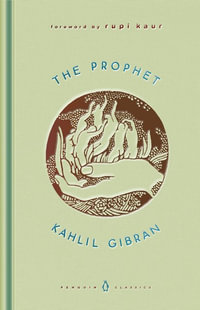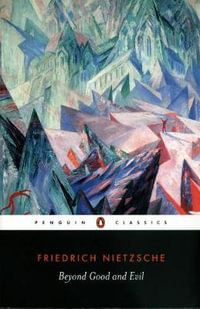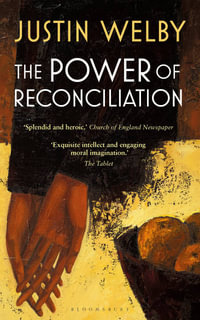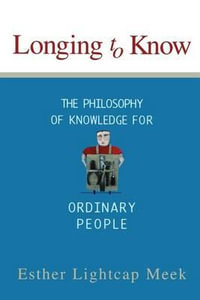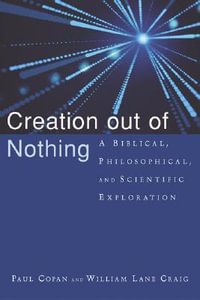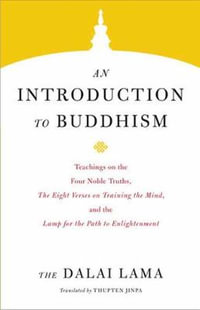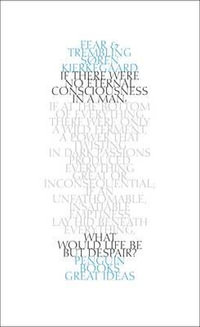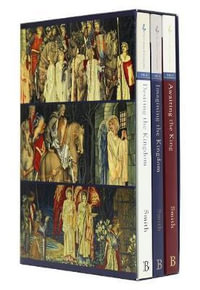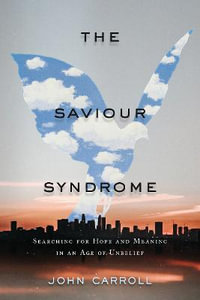This thesis argues that with the advance of scientific knowledge, particularly in cosmology, Natural Theology can now provide an answer to the question as to the reason for the existence of man and the world. Aristotle had reasoned from the contingency of the world to the necessity of a God. He had also concluded that the world was unworthy of God's concern, as God could not be concerned with a world which was significantly different from God himself. Aristotle's reasoning from the world up to God, together with his inability to reason down from God to the world, established an antinomy.
The history of subsequent attempts to avoid this antinomy, and to provide an explanation for the existence of the world, is considered. No such attempt is found to be successful. A hidden assumption in Aristotle's reasoning is exposed. Aristotle's conclusion that the world was not worthy of God's concern followed from his unstated assumption that the world was complete, rather than in process. The thesis argues that the world we know represents a stage in a process towards the possible self-creation of an entity which is similar to God, and so worthy of God's concern. Only a process of self-creation could produce an entity which would be self-existent, and so not significantly different from the self-subsistent God. Each stage of such a process of self-creation, before the final stage, would necessarily be less than perfect.
Early in the 20th Century the Emergent Evolutionists had sought to explain the emergence of the biological and mental levels from the material level, without success. Nicolai Hartmann's subsequent ontological investigations made clear the stratified nature of reality. Hartmann's ontology is brought to bear on the problem of Emergence. Hartmann's analysis of ethics and his phenomenology of human nature are also brought to bear on the problem of the nature and role of man in the world.
The thesis argues that the world can be understood as a process involving the possible self-creation of an entity like God. In the series of the emergent ontological strata of reality, the physical, biological, conscious and spiritual strata, each stratum is less rigidly determined, and exercises greater freedom than does the previous stratum. The laws of nature vary from stratum to stratum, becoming less deterministic at each new stratum. The present human moral-cultural, or spiritual stratum, exercises complete freedom in relation to the law of this stratum, the moral law. The moral law commands but can not compel. The possible outcomes of this process of Emergence could be either the self-creation of a stratum which is not significantly different from God, or the self-destruction of humanity. In this context, Christ could be considered to be a proleptic exemplar of the final emergent stage.












